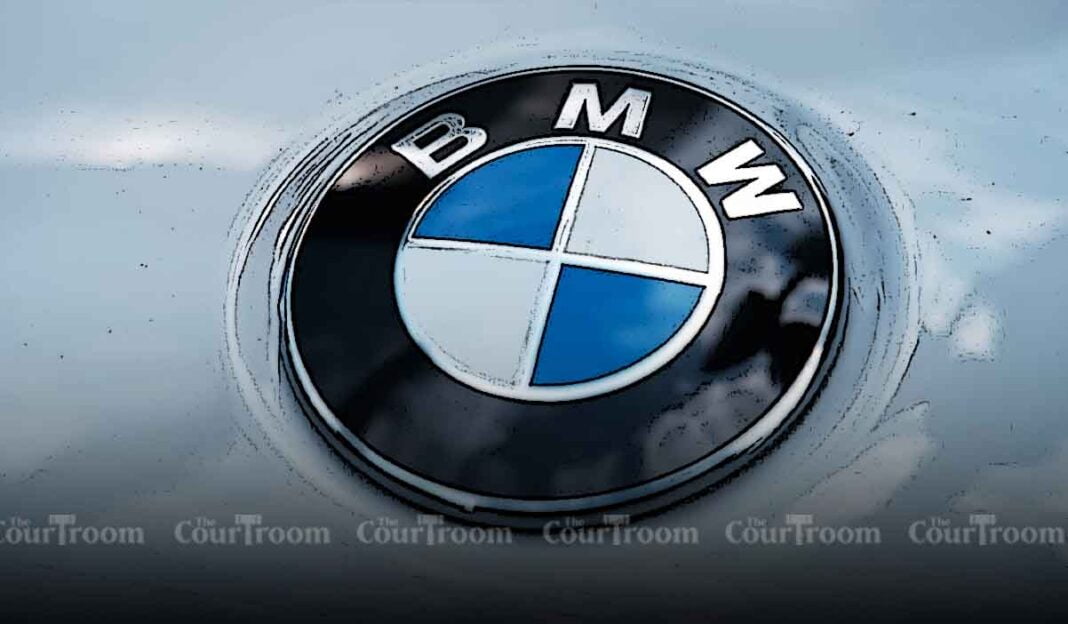Supreme Court Orders BMW to Pay ₹50 Lakh Compensation for Selling Defective Car
The Supreme Court of India has directed BMW India Private Limited to pay ₹50 lakh in compensation to a customer for selling a defective car in 2009 [State of Andhra Pradesh v. BMW India Private Limited]. The bench, comprising Chief Justice of India DY Chandrachud and Justices JB Pardiwala and Manoj Misra, also quashed the criminal case against BMW, its Managing Director, and other officials.
Background of the Case
The complainant, GVR Infra Projects, purchased a BMW 7 series vehicle in September 2009. Despite repairs at an authorized workshop, a serious defect persisted in the car. This led to the registration of a First Information Report (FIR) against BMW under Sections 418 and 420 of the Indian Penal Code (IPC) for cheating. The FIR named the manufacturer, the Managing Director, and other directors of BMW as the accused.
In 2012, the Andhra Pradesh High Court quashed the proceedings against BMW but directed the company to provide a new car to the complainant as a replacement for the defective one. BMW offered to replace the defective car with a new one, but the complainant refused and demanded a refund along with interest.
Supreme Court’s Ruling
The Supreme Court reviewed the case and found the High Court’s direction to replace the defective car to be unjustified, especially after quashing the case against BMW. The Supreme Court emphasized that the High Court should have solely addressed the quashing of the complaint under Section 482 of the Code of Criminal Procedure 1973.
“The High Court came to the conclusion that the ingredients of the offence of cheating were not established based on the contents of the FIR. Having come to this conclusion, there was no justification for the High Court thereafter to direct the manufacturer to replace a brand new BMW 7 Series vehicle,” the Supreme Court stated.
The Supreme Court noted that continuing the prosecution nearly fifteen years after the dispute arose would not serve the interests of justice. Consequently, the Court upheld the High Court’s decision to quash the case against BMW but set aside the order to replace the defective car.
Compensation Ordered
To resolve the matter equitably, the Supreme Court invoked its powers under Article 142 of the Constitution and directed BMW to compensate the complainant with ₹50 lakh. The Court acknowledged that BMW had offered a new vehicle in 2012 in compliance with the High Court order, but the complainant did not accept it. Considering the depreciation in the vehicle’s value, the Court deemed the ₹50 lakh compensation as just and fair.
“We have taken note of the fact that, as far back as in June-July 2012, the manufacturer had offered to replace the old vehicle with a brand new vehicle in compliance with the order of the High Court. However, this was not acceded to by the complainant. Had the complainant used the vehicle, it would have depreciated in value until date. Bearing in mind the facts and circumstances of this case, we are of the considered view that the manufacturer, BMW India Private Limited, should be directed to pay a consolidated amount of ₹50 lakhs in full and final settlement of all claims in dispute,” the Court ordered.
Legal Representation
Advocates Rajiv Kumar Choudhry, Sowri Dev, and Tharini represented the appellants, while advocates Diwakar Maheshwari, Shreyas Edupuganti, Susmit Pushkar, Aarthi Rajan, and S Udaya Kumar Sagar appeared for BMW.
Share your news, articles, deals, columns, or press releases with us! Click the link to submit and join our platform today.


